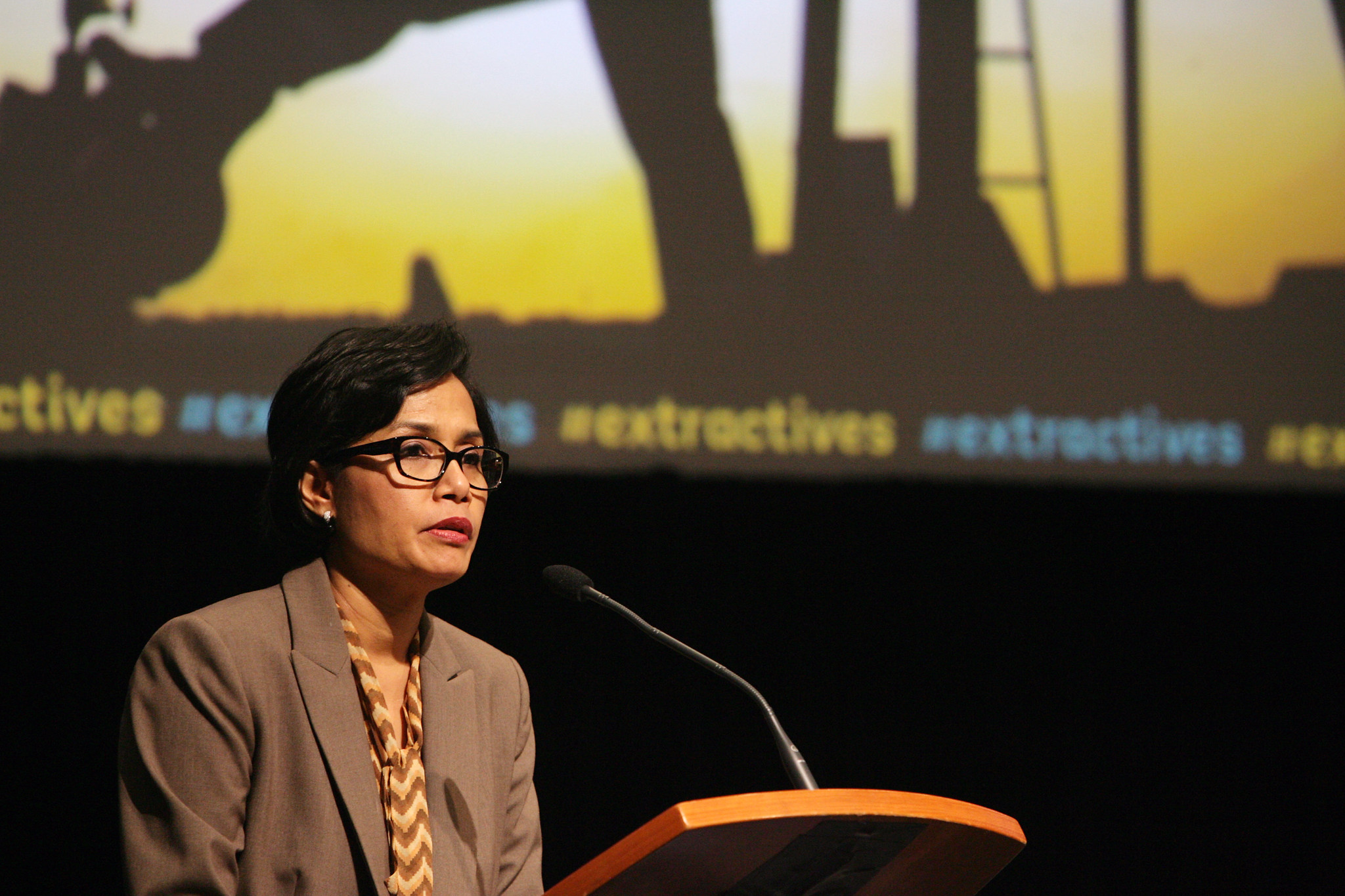BANGKOK (Transatlantic Today) – The Group of 20’s top financial officials from wealthy and developing countries gathered on the Indonesian island of Bali on Friday to discuss ways to combat the economic effects of the conflict in the Ukraine, inflation, and other global challenges.
Sri Mulyani Indrawati, the finance minister of Indonesia, urged global finance ministers, head of the central bank, and other executives to “build bridges, not walls” as she launched the 2-day gathering. Failure would have “catastrophic” consequences, she claimed, especially for less developed countries.
The talks in Bali’s Nusa Dua resort town come after a conference of foreign ministers there earlier this month that failed to reach an agreement on Russia’s conflict in Ukraine and its effects on the rest of the world.
Representatives from the United States, France, Britain, Canada, France, and Ukraine left a G-20 finance conference in Washington, D.C. in April in protest over the presence of Russian envoys. Without issuing a common statement, that meeting came to an end.
The G-20 finance summits do, however, have the merit of being less political, according to Indrawati.
As host, Indonesia has made an effort to serve as a “honest broker,” bringing together the G-20’s split East and West, which have become more hostile since Russia’s invasion of Ukraine in late February, she added.
According to ABC NEWS, the world’s financial leaders are looking for ways to coordinate how they guide their economies through inflation that is at 40-year highs, unclog supply chains and backlogs brought on by the coronavirus pandemic, and strengthen financial systems to withstand potential risks.
According to Indrawati, the G-20 was able to overcome disagreements in order to deal with the pandemic and the global financial crisis of 2008.
Gaining support for a price cap on Russian oil is one of the main objectives of U.S. Treasury Secretary Janet Yellen as well as some other Western financial officials. This would limit Moscow’s ability to use revenue to fund its war effort while potentially bringing down energy costs and reducing the decades-high inflation seen in many nations.
No price has been set for such a cap, according to Yellen, but it would need to be set at a point where Russia would obviously be motivated to keep producing and where doing so would be profitable.
She expressed hopefulness that nations like India and China, which recently increased their purchases of Russian crude oil that was being supplied at significant discounts, would view it as being in their own best interests to abide by the price cap.
Without a price restriction, the provision of insurance and other financial services would be prohibited in the European Union and most likely in the United States.
According to Indonesia, which is one of the poor nations dealing with fuel and grain shortages and rising costs as a result of the conflict, the G-20 must take action to protect the rules-based global system.


























